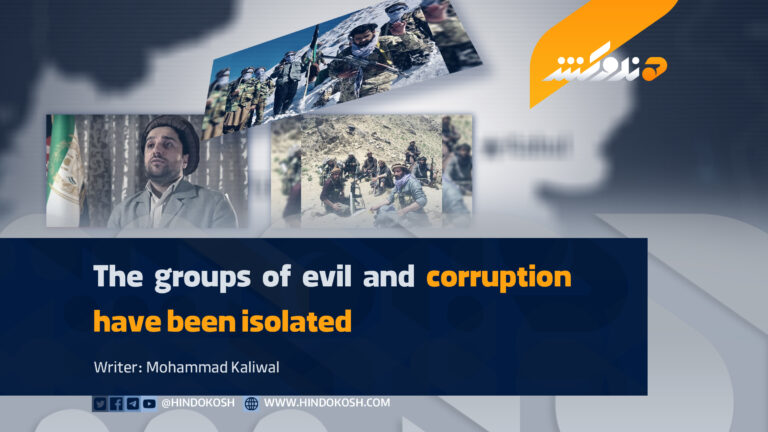The groups of evil and corruption have been isolated
Previous ArticleMullah Abdul Ghani Biradar Reaffirms Islamic Emirate’s Commitment to Serving the People and Addressing Their Concerns
Next Article Afghan Forces Respond to Pakistani Shelling




